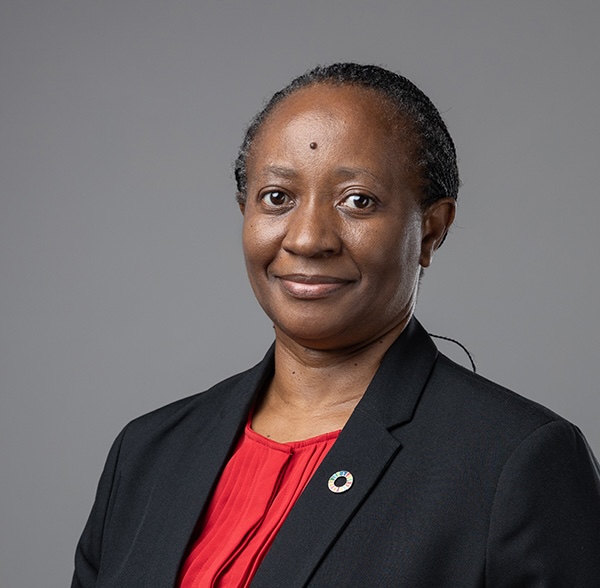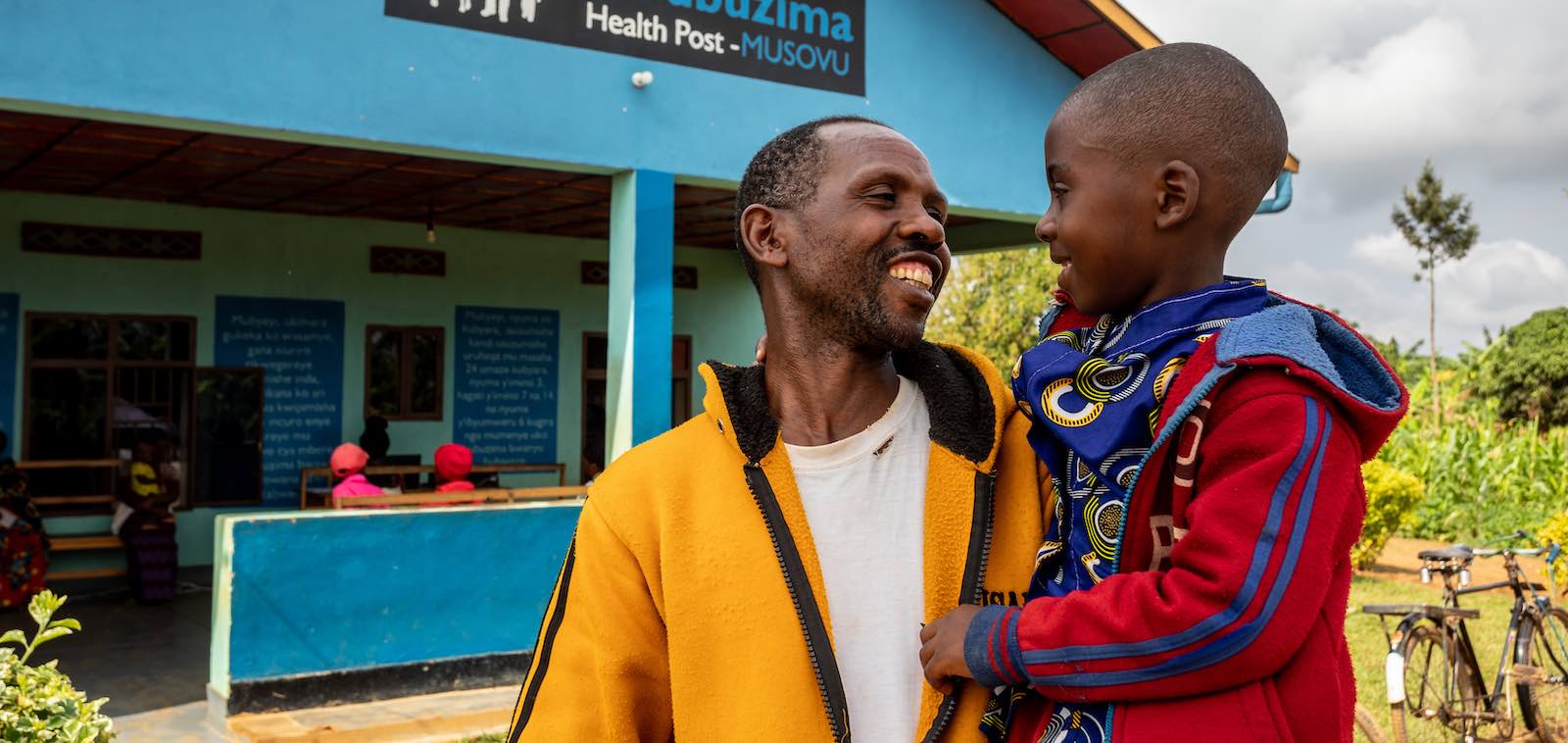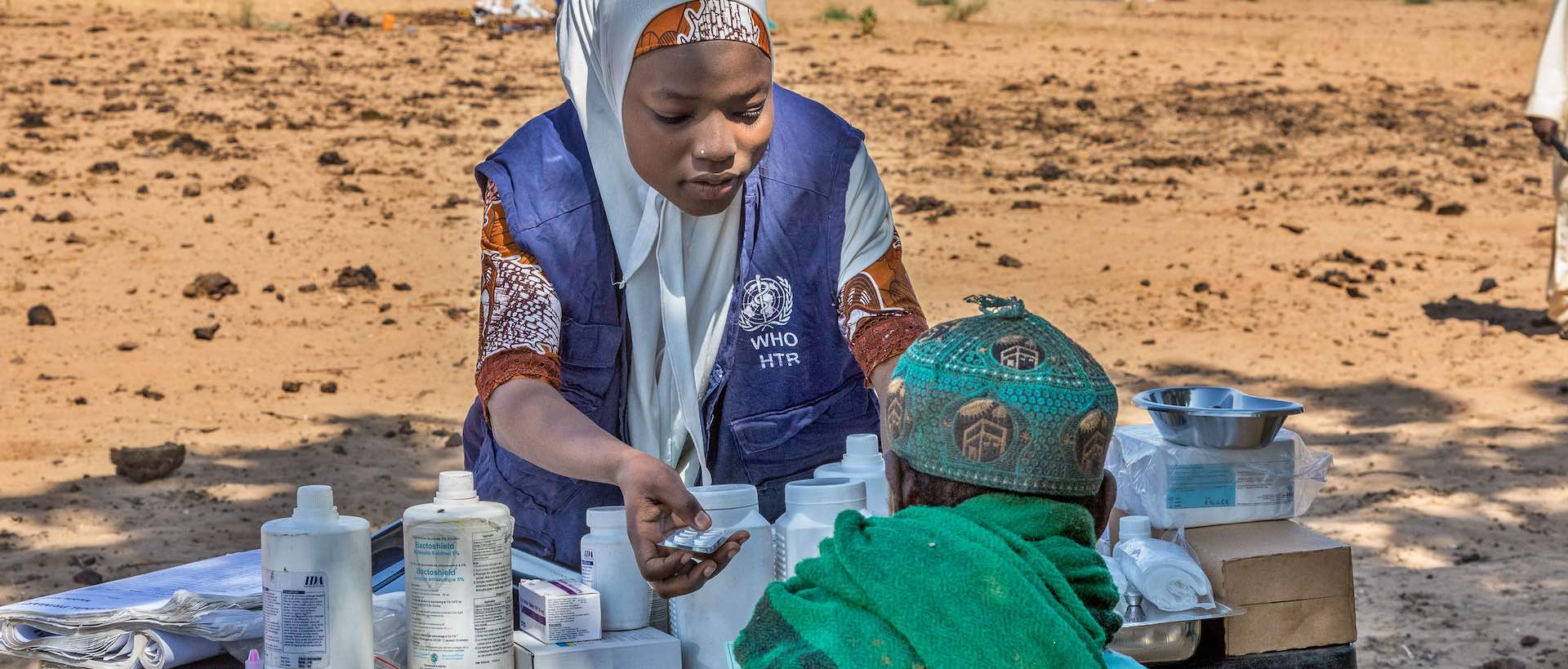In 2021, WHO identified access to medicine as a critical challenge in Africa, home to 1.2 billion people representing 15.24% of the global population. Unfortunately, many life-saving medicines remained inaccessible and unaffordable for a significant portion of the population, leading to preventable suffering and poor health outcomes. This lack of access exacerbated wider health and socioeconomic disparities and hindered progress toward achieving Universal Health Coverage (UHC) and the Health Security Agenda.
Middle-income countries face low availability of essential medicines in the public and private sectors. Surveys revealed that in developing countries, the average availability of essential medicines stood at approximately 35% in the public sector and 63% in the private sector. Given that around 80% of Africans relied on public health facilities, chronic shortages of critical medicines became a major barrier to adequate healthcare provision, particularly during emergencies.
The financial burden of medicines was evident, with 60 to 90% paid out-of-pocket. Inadequate financial coverage and funding mechanisms restricted access. Additionally, African countries lacked local production capacity for life-saving medicines, oxygen, and vaccines, making local production crucial to reduce dependence on imports.
Incidents in 2022 and 2023 resulted in the loss of children's lives, highlighting the threat of substandard and falsified medical products. Weak regulatory systems underscored the need for stronger capacities to ensure product quality and safety. To achieve UHC and Health Security, WHO emphasized the role of health products in a resilient system, encompassing medicines, vaccines, blood products, traditional medicine, medical devices, and health infrastructure. The WHO Regional Office for Africa launched the MIM program to support countries in ensuring access to essential health products for all populations.
MIM's strategic interventions supported Member States in developing evidence-based policies for sustainable access to essential medical products. Strengthening regulatory capacities, promoting convergence, harmonization, and reliance mechanisms for quality-assured products were crucial. WHO facilitated access through market shaping and efficient procurement. Promoting local production stimulated the growth of quality-assured medicines in Africa.
Through these efforts, WHO aimed to make essential health products more accessible to all in the African region. By achieving this vision, WHO contributed to advancing Universal Health Coverage and the Health Security Agenda in Africa.
Read more







